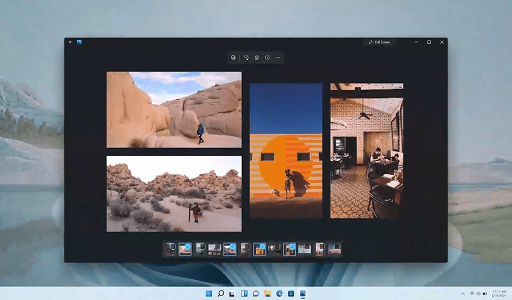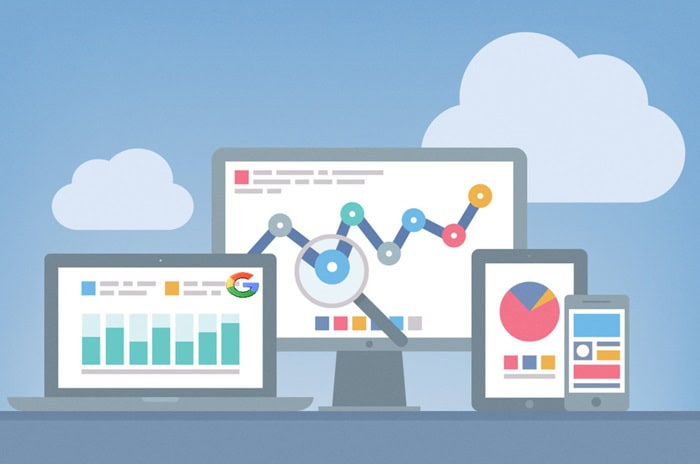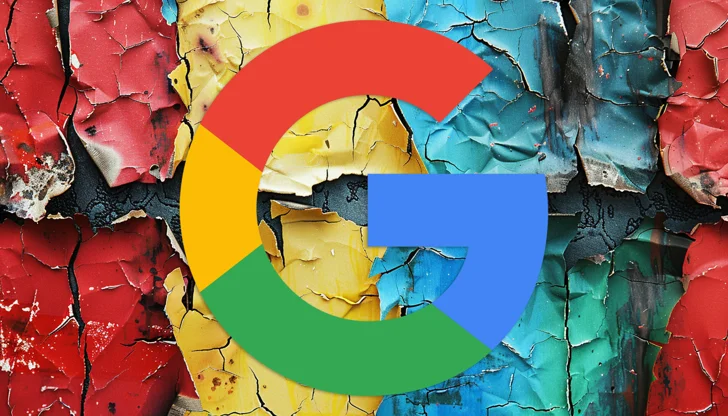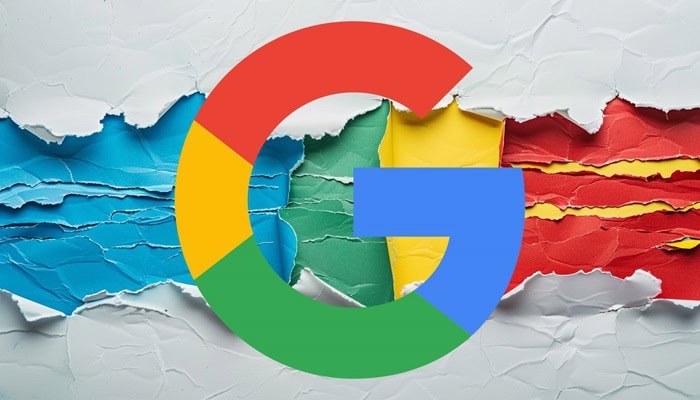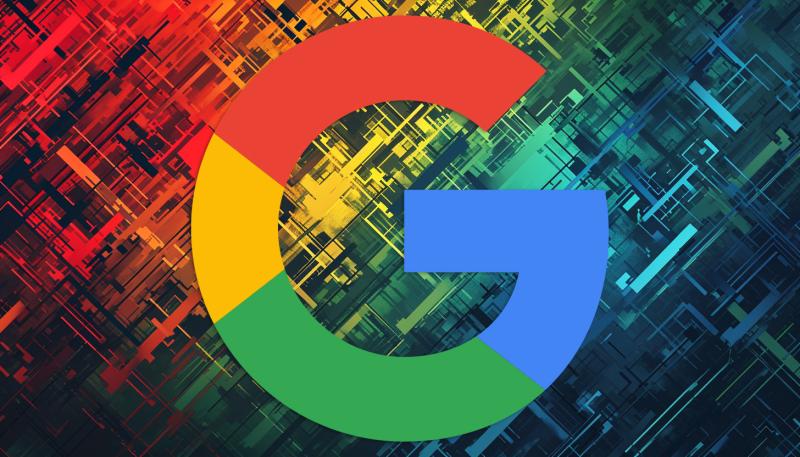Google began a September 2023 Helpful Content Update rollout on September 14 and continued through September 28.
In this update, Google informs the public that it would contain an even more fine-tuned classifier by introducing several significant improvements to the Helpful Content System: an initiative by Google in favor of people-first content, a content mainly for people and gives less visibility to content that mainly focused on manipulating search engine algorithms.
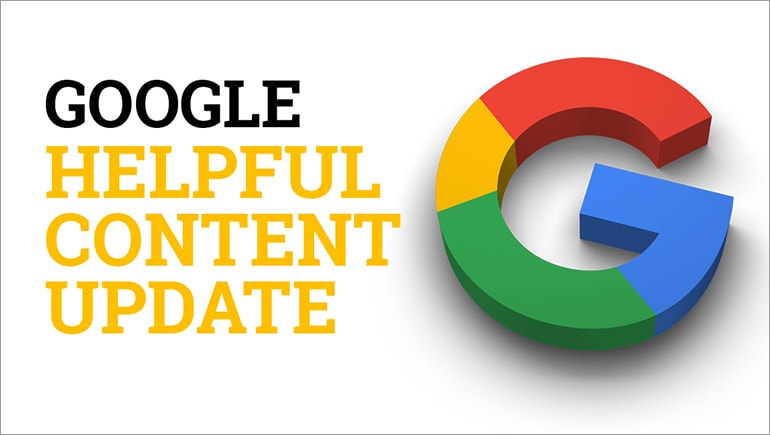
What You Should Know About Google’s Helpful Content System
Google’s helpful content system works in collaboration with other systems in rating websites for quality and usefulness regarding their content.
With the September 2023 update, Google has revised the system’s guidelines and documentation, providing fresh guidance for those who may have encountered a decline in their website traffic.
Significant Changes in the September 2023 Update
The September update has introduced three significant changes to the guidelines of the Helpful Content System:
- Modifications to the recommendations regarding machine-generated content.
- Updated regulations for hosting third-party content on subdomains or the main domain.
- Supplementary guidance on actions to take if a website encounters a decrease in traffic after a Helpful Content Update.
Revised Instructions Regarding Machine-Generated Content
Google’s prior position regarding machine-generated content, which had leaned towards favouring human-generated content, has been moderated. The revised guidelines reflect a change in Google’s perspective toward AI-generated content, aligning it more closely with their other recommendations for crafting valuable material.
Hosting Third-Party Content
The update targets the general tactic of serving third-party content on the site’s main domain or on its subdomains.
Though some webmasters believe that the subdomain content would carry extra ranking boost from the power of the main site, the September 2023 update does the opposite for using websites with this approach.
Currently, Google advises that any content from third-party contributions, that have no significant relation to the main purpose of the site or produced without direct supervision, should not be indexed.
Revised Self-Evaluation Instructions
Google has revamped its Helpful Content Self-Assessment guidance, incorporating fresh insights.
Noteworthy alterations include a heightened focus on the review procedure, advisories against making misleading updates to pages, and a reminder to avoid manipulating content additions or removals merely for the sake of appearing “up-to-date” in search rankings.
Insights from Google’s Gary Illyes on the Update
Gary Illyes from Google offered context about the update, shedding light on the problem of micro-sites.
Illyes pointed out that these third-party websites, residing on subdomains or subdirectories without proper oversight, frequently aim to manipulate search outcomes rather than offer genuinely beneficial content.
When asked about sitewide signals, Illyes clarified that distinct signals function at multiple tiers, encompassing URL, pattern, host, and domain levels.
Recovering from a Helpful Content Update
Finally, the update incorporates fresh recommendations for individuals impacted by a Helpful Content Update. Google suggests that these websites should identify and either remove or replace unhelpful content.
Google now recommends identifying unhelpful content on your website and taking action to either remove it or replace it with more valuable material.
In Conclusion
Concluding the September 2023 Helpful Content Update represents another milestone in Google’s continual commitment to enhancing the quality and relevance of search outcomes. Website owners and SEO professionals need to adapt to these modifications in order to effectively optimize their search rankings.
Would you like to read more about Google Helpful Content Update related articles? If so, we invite you to take a look at our other tech topics before you leave!
Use our Internet marketing service to help you rank on the first page of SERP.
![]()







